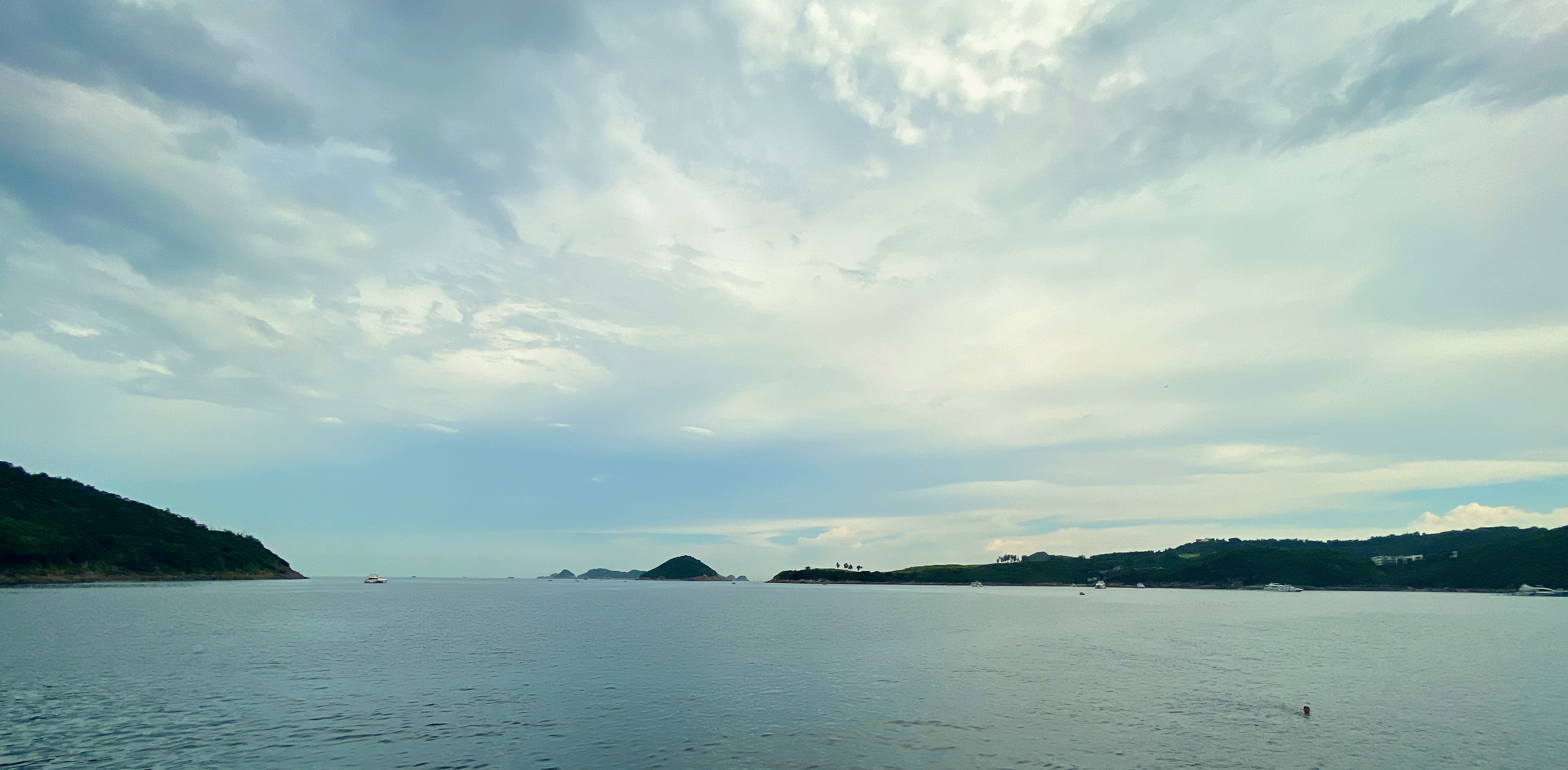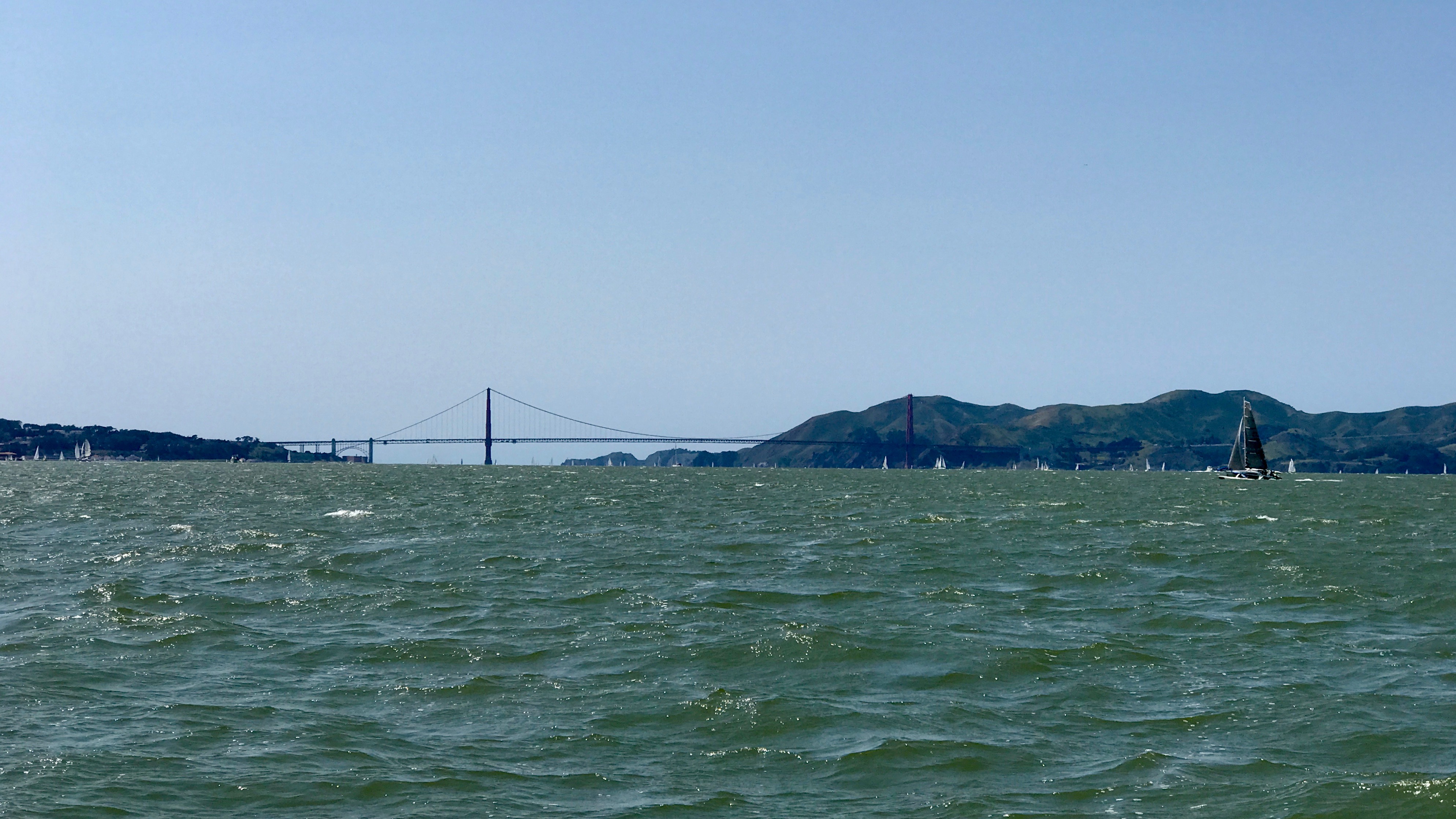On off days, in good places, we have nowhere to be save on the water, or under it. The joy of the first quick dunk or dive is hard to match. Submerging always provides such a clear break with the world above. We have spent much time adrift, from houseboats on Lake Shasta or Lake Havasu to inner tubes in cold rivers in the Pacific North West or warmer ones in upstate New York. In recent years we’ve gotten lucky, spending days on the Colorado at the bottom of the Grand Canyon and on kayaks around small islands in Raja Ampat. All these breaks bring peace to the rest of our lives, give us small gaps of distance from the burdens of to-do-lists and spreadsheets, product meetings and sample reviews.
The best gift, in times like these, is to have such peace available near to home. In San Francisco we used to get moments of separation on an old sailboat with a haphazard group of acquaintances, telling stories of landmarks and wondering about the history of boats we passed beneath the Bay Bridge. Each time out was a gift, the reward of friendships we never expected to discover.
In Hong Kong on a Saturday we hop off the side of the boat as it comes to a stop in Clearwater Bay, around the corner and out of sight of the city. The water lives up to the name, and the temperature is perfect. For hours we swim and drift, chat and throw discs as the water laps gently at our arms and necks. We jump off the boat’s second deck and dive for thrown objects from the first. On board we eat, sing, and laugh. The guitar gets some work, as do the flippers. Mostly, though, we relax. In the middle of a long year, in the middle of an undetermined period of limitations and stress, it’s wonderful to have so much physical joy at hand, and so few risks.
Save, of course, for those who are afraid of heights, who are lightly heckled to jump and either do or retreat from the edge to laughter. Still, this is a mild form of pressure, that of friends with no risks save a momentary stutter of the heart as the feet leave the deck.
It’s a good way to spend a Saturday, and a good reminder that wherever we are, we need to step off the edge and into water every now and again.

